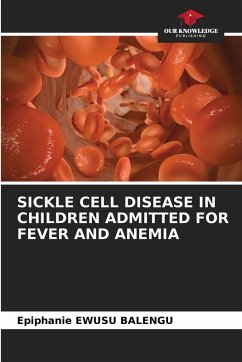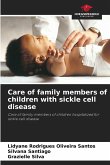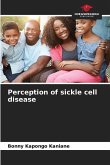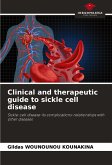Sickle cell disease is the most widespread genetic disorder in the world.In children, it represents a major challenge for healthcare systems, particularly because of the complications it causes and its high mortality rate. In the tropics, due to the endemicity of infectious diseases and malaria, and the absence of systematic neonatal diagnosis, complications of sickle cell disease such as anemia and infectious episodes manifested by fever are often concealed in this region, leading to the disease being discovered only at a late stage, raising crucial questions about the prevalence of sickle cell disease in this context. Through a rigorous analysis of data collected in various health facilities, this study aims to assess the prevalence of sickle cell disease in children not known to have sickle cell disease, admitted to hospital with fever and anaemia. Addressing this concern is essential to guide screening, prevention and treatment strategies.
Bitte wählen Sie Ihr Anliegen aus.
Rechnungen
Retourenschein anfordern
Bestellstatus
Storno








